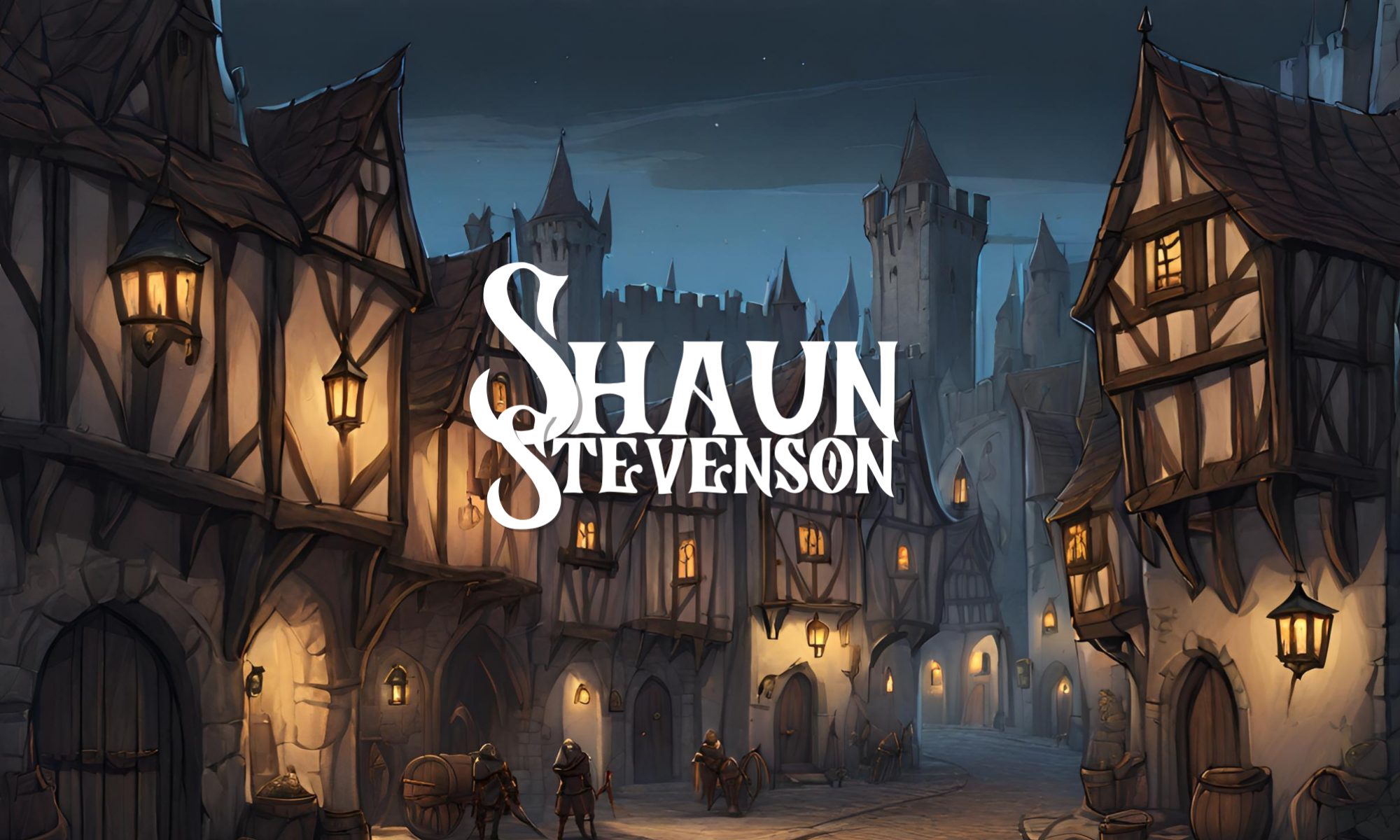The chess board sat between us. Brown and beige plastic Queens and pawns sat scattered across the playing field. My granddad’s wrinkled fingers gripped the knight. He hopped diagonal and up a space, putting my King in checkmate. I leaned back and sighed as Granddad laughed.
“Gotta pay attention to those knights. They’re sneaky,” he chuckled.
I laughed too. And then Granddad grew more serious. “You still speaking to those kids at church?”
“Yep. It’s a lot of fun too.” I told him about the latest talk I had given to the group of grade schoolers at church. He sat back, French doors behind him, both hands clasped over his bald head. After I was finished, he leaned forward.
“You know, there’s something important you should remember. Always be careful when people talk about Jesus’ death on the cross, but don’t talk about the resurrection. That’s the most important part of the story.”
We would sit and talk like that for hours. About God, about life, about church and chess. We talked about so many different things over the years, I can barely remember them all. But that one day he told me to always remember the resurrection is one that has stuck in my mind for years.
Whenever you talk about the cross, talk about the resurrection too. Because it’s the most important part of the story.
When I sat down to work on Sparrowhawk, I knew I wanted to write about Easter. I also knew I wanted to write something that took place in the Middle Ages, and so I dug in to the research. I discovered that a certain Pope in the fifteenth century loved falconry. Because this Pope loved his falcon and took him nearly everywhere, the nuns throughout the Catholic Church took to falconry as well, bringing their birds into churches across Europe. The falcons, owls, and hawks became such a problem that the leaders of these churches had to tell the nuns to leave the birds in the convent.
A fun tale emerged with the adventure, danger, and settings I love. But something else began to emerge as well: the theme of resurrection. Jesus died on the cross so long ago in Ancient Rome, but that isn’t the end of the story. Jesus came back to life three days later, and now Jesus is alive. That’s what the Easter story is all about: the fact that Jesus defeated death and pain and suffering in that moment of triumph.
So when it came time to dedicate the book, only one person seemed to be the right option: William H. Stevenson, my granddad. He and I spent so much time together talking about Jesus and the Bible, and those memories are the ones I love holding on to.
Granddad passed away in 2014, but he didn’t pass into nothing. He passed into glory as the old spirituals used to say. He’s living in the presence of Jesus and soaking in the rays of His everlasting light.
This Easter, remember: the most important part of the story isn’t death. It’s life.
